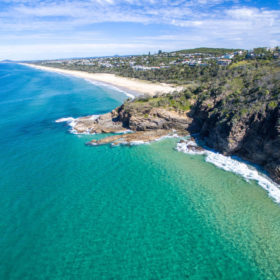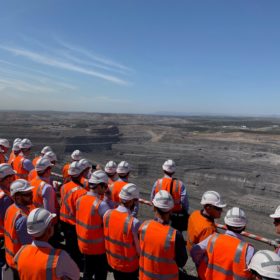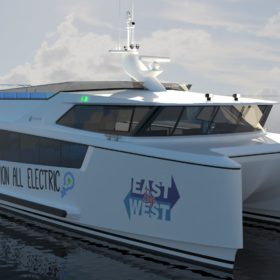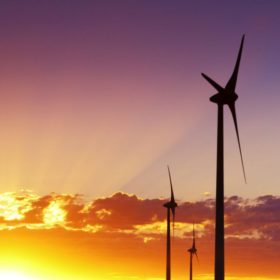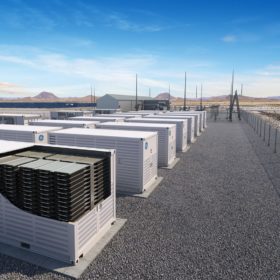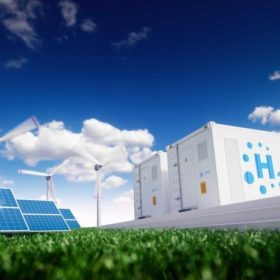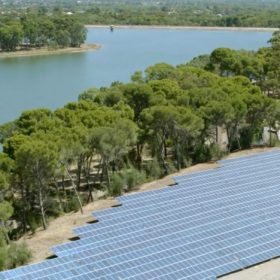Noosa set to host major national climate and energy summit
In recent decades Noosa has gone from hip-replacements to hip and trendy, and nowhere does it have its finger more on the pulse than its ambitious climate and energy goals. Said ambitions will now see Noosa host the Transforming Australia 2020 Summit run by the Cities Power Partnership.
IEEFA update: Capital flight from thermal coal is accelerating
Behind Blackrock’s grand exit from coal: Global capital flight from thermal coal and the coal-fired power sector is already at a canter in 2020.
Southern Hemisphere’s first electric commuter ferry
Wellington Harbour, NZ, will see the Southern Hemisphere’s first zero-emissions electric commuter ferry.
New government office to develop large-scale critical minerals industry
The Australian government has opened the Critical Minerals Facilitation Office as it looks to develop a large-scale critical mineral industry to stably supply the world the critical minerals needed for batteries, solar panels, and smartphones.
Australia’s carbon emissions drop for the first time as renewables weigh in
Australia has seen the first decline in annual emissions since 2015 thanks to record levels of renewable energy but if continued at the present rate the 2030 Paris target would be met some 68 years after the deadline, according to Ndevr Environmental.
Why Australia’s long term energy policy rests on battery storage
Australia has made great strides in terms of investment into renewables, yet despite the spend, we are still faced with an ageing grid and a growing number of coal power plant closures, that lack clear and sustainable replacements.
Horizon Power looks at green hydrogen for WA coastal town of Denham
The small tourist town of Denham in Western Australia’s Shark Bay World Heritage Area could host a renewable hydrogen demonstration project as part of a new energy solution planned for the town.
Concern about climate escalates in Australia’s hottest year on record
As the country grapples with devastating bushfires, the number of Australians concerned about climate change has climbed. Almost four-fifths of those surveyed last week said they were concerned about climate change, an increase of five percent from July, according to think-tank The Australia Insitute. The polling comes hot on the heels of the Bureau of Meteorology’s 2019 Annual Climate Statement, showing there is every reason for concern and confirming 2019 was both the warmest and driest year on record for Australia.
Solar energy at the heart of solution to global water scarcity
Researchers at the University of Newcastle have developed a solar-powered atmospheric water generator, a clean and economical solution to the worsening perennial problem of global water scarcity.
Just how clean is Australia’s water industry?
University of Queensland researchers have quantified the amount of on-site renewable energy generation utilised by the nation’s water industry. The results are interesting if not already anachronistic due to the rapid pace of advancement in the world of solar PV.
